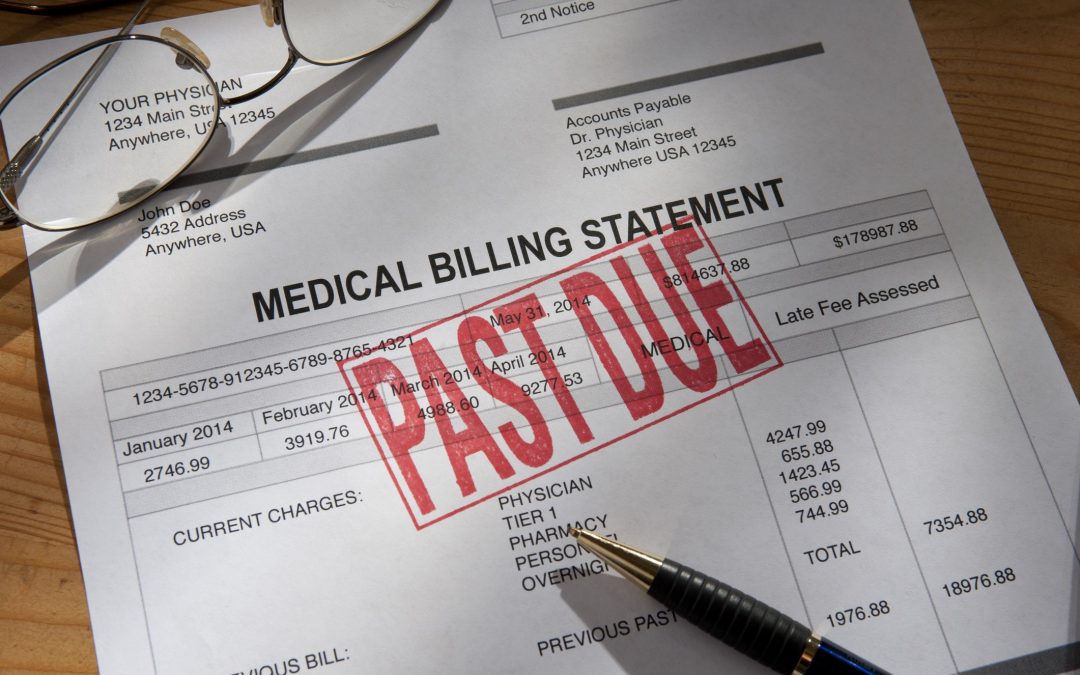You just received a devastatingly high medical bill that you can’t pay right away.
You don’t have great health insurance or a small fortune tucked away in savings. Now what? Don’t fret just yet. There are still options.
You might want to consider getting an unsecured medical loan.
What are unsecured medical loans?
This type of personal loan is designed to pay for medical expenses — everything from surgeries to hospital stays. Since these loans are unsecured, you don’t have to put up any assets as collateral, meaning creditors can’t go after your property should you default.
They’re a good medical-expense financing choice if you need lots of money quickly, with some lenders offering as much as $75,000 as fast as a few days. Most banks, credit unions and online vendors offer unsecured medical loans.
What are the advantages?
Unless you have a poor credit history, you’ll save more money paying off a medical loan than you would paying off a hefty balance on a credit card.
Interest rates on personal loans tend to sit below 10 percent while interest rates on credit cards typically hover around 20 percent or higher. Medical loans also offer you the advantage of fixed monthly payments over a set period of time, helping you manage other finances while you pay off your loan.
What are the disadvantages?
Borrowers with poor credit histories will see higher interest rates on their loans. Whether you have a good credit history or a bad one, you’ll have to pay extras such as origination fees (a one-time fee for loan processing) and late fees if you are past due.
Can you get a medical loan with bad credit?
The short answer is yes. Lenders evaluate your credit history, as well as income, when they consider you for a medical loan, and most lenders won’t consider lending to individuals with credit scores of 620 or lower.
That said, even if you have a poor credit history, you can still get an unsecured medical loan. Some lenders offer medical loans specifically for individuals with bad credit, but they tend to come with higher interest rates, fees and monthly payments than regular medical loans.
When should you consider a medical loan?
Generally, you should consider getting a medical loan whenever you need to finance a large medical expense quickly and
- You don’t have a quality health insurance plan
- You don’t have an employer-funded medical expense reimbursement plan
- You don’t have the money in savings to pay your bill out of pocket
- You can’t negotiate a lower amount on your medical bill
- You want to avoid increasing your credit card debt
The bottom line
If you have better options for paying off your large medical expense — a quality health insurance plan or health savings account — choose that option instead. Still, medical loans offer a way to avoid medical collections by paying large medical expenses quickly and efficiently. To find out other ways you can manage medical debt, head over to this comprehensive guide.




